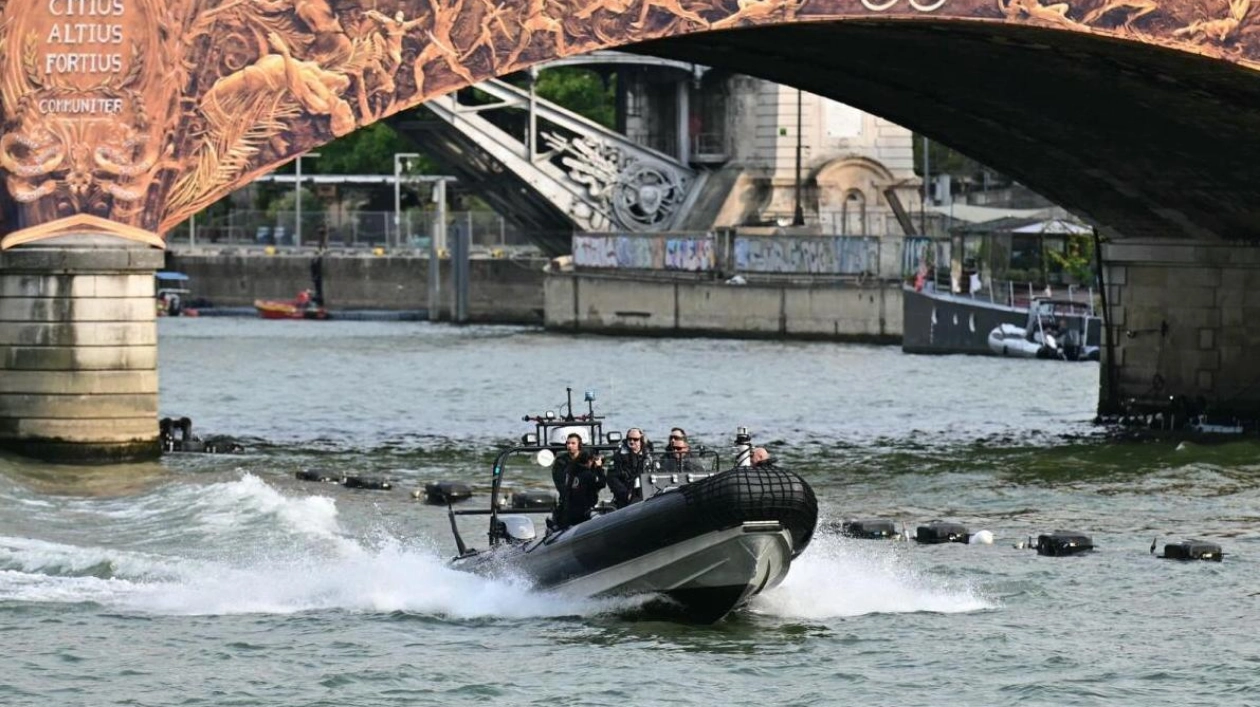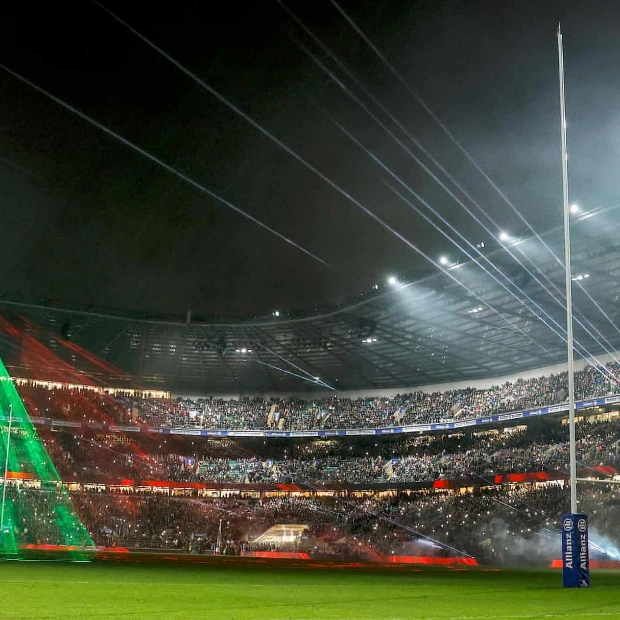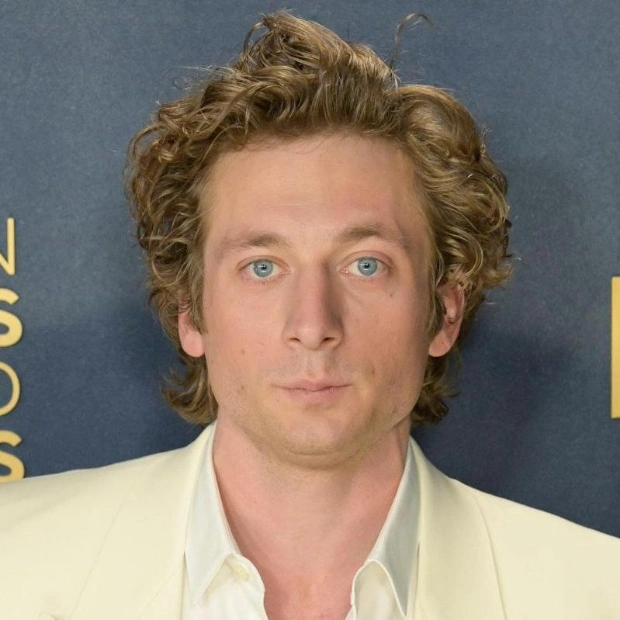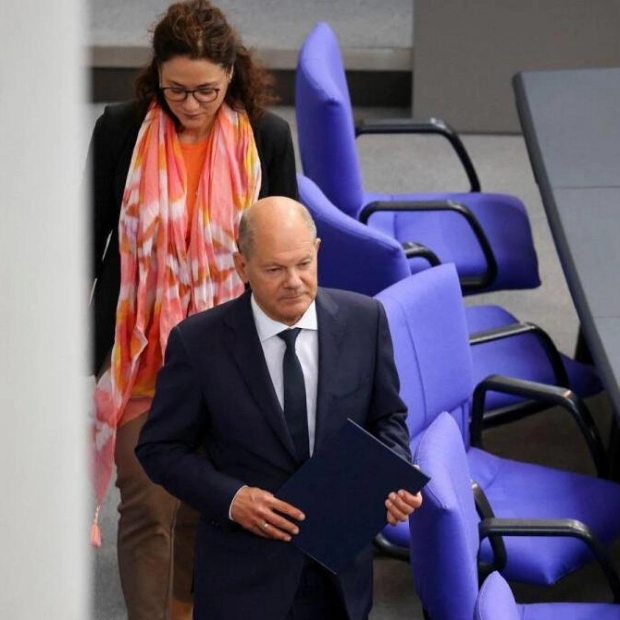Paris is set to launch its Olympic festivities with a groundbreaking opening ceremony on the Seine River this Friday. This marks the first time the Games' opening event will not be held in a stadium. Approximately 85 vessels will transport nearly 7,000 athletes in a 6km aquatic procession along the Seine, right through the heart of Paris. Commencing at the Austerlitz bridge, the flotilla will glide by the Notre-Dame cathedral and conclude near the Eiffel Tower, navigating under various bridges and gateways such as the Pont des Arts and Pont Neuf, and passing numerous iconic Parisian landmarks. The ceremony is scheduled to commence at 9:30 pm UAE Time, extending for approximately three hours and 45 minutes. Organizers have promised an unparalleled spectacle, characterized by boldness and joy, leveraging the historic monuments, riverbanks, sky, and water, ensuring that every riverbank and bridge will resonate with music, dance, or performance. Along the route, 80 large screens will broadcast the event, which will feature a floating parade of athletes and artists, and may include dancers performing from rooftops along the Seine. Described as a grand fresco, the show will celebrate Paris, France, and the Games, intertwining the athlete parade, artistic performances, and ceremonial elements, according to Thomas Jolly, the artistic director of the opening ceremony. Specifics such as who will ignite the Olympic cauldron or the participation of certain artists remain confidential. However, sightings of Lady Gaga and Celine Dion in Paris have sparked speculation about their potential involvement. French media reports suggest that Franco-Malian pop star Aya Nakamura, the most globally listened to French female singer, will perform a song by the late Charles Aznavour. Nakamura faced online racist abuse when her involvement was first rumored. She sings in French, often incorporating slang, and her style blends West Indies zouk music with American R&B and Afrobeats. The weather remains a significant unknown; currently forecasted as cloudy, organizers had hoped for a 'golden hour' of sunset to illuminate the buildings during the ceremony. The event will be attended by over 80 heads of state and government, with more than 300,000 spectators expected on the riverbanks. The Paris 2024 committee stated that approximately 222,000 people will receive free invitations, while 104,000 will need to purchase tickets. Athlete-carrying boats will be equipped with cameras to provide close-up views for television and mobile viewers. Hosting the ceremony in the heart of Paris, an iconic city, promises spectacular imagery but also presents a significant security challenge. Approximately 2,000 private security personnel and 45,000 police officers will be deployed to secure the event, including special intervention forces. Snipers will be stationed on rooftops along the route, and an anti-drone system will be operational. Spectators and residents must possess QR code permits to access the riverbanks. Cars will be restricted in the area, with few exceptions, and nearby metro stations and bridges will be closed. No aircraft will be permitted to fly over Paris unless they are part of the ceremony. Amid ongoing conflicts in Gaza and Ukraine and heightened domestic security concerns, France has elevated its security alert to the highest level. Officials have stated that there are no specific terror threats to the ceremony. Potential risks include lone attackers, petty crime, and possible protests from environmental activists, far-right and far-left groups, the pro-Palestinian movement, or others. A man was arrested in May in Saint-Etienne, suspected of planning an attack at the city's soccer stadium during the Olympics. In July, a right-wing sympathizer was arrested in eastern France on suspicion of plotting attacks during the Olympics.

Text: Lara Palmer
25.07.2024
A Floating Parade of Athletes and Artists to Celebrate Paris, France, and the Games





